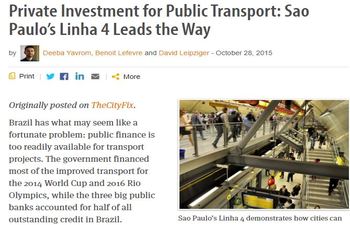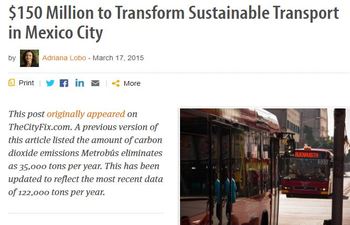Knowledge Hub

Time Optimal Long Distance Trip Planning for Electric Vehicles
2019
Author(s): Lobo A, Hariharan K, Sreekumar S, Shetty MN
In this paper, the authors have devised a method that will help Electric Vehicle users planning long distance trips get routes that are optimal and get an estimate time needed to complete the trip.

Validation of the Design of an 11 kW Inductive Charging Prototype on a New Test Bench for WPT-Systems
2019
Author(s): Böttigheimer M, Maier D, Parspour N, Noeren J, Walter R
In this paper a new designed test bench for an entire EV with an integrated inductive charging system is presented. Especially the testing of misalignment and the consideration of the vehicles underfloor can be realized very easy.
Visual Legal Analytics – A Visual Approach to Analyze Law-Conflicts of E-Services for E-Mobility and Transportation Domain
2019
Author(s): Burkhardt D, Nazemi K
In this paper the authors introduce a new approach to identify and analyze legal conflicts based on a business model or plan against existing laws. The intention is that an early awareness of critical legal aspect could enable an early adoption of the planned service to ensure its legality.

Working Towards Greener Golf Carts – A Study on the Second Life of Lead-Acid Batteries
2019
Author(s): Dulout J, Villa LFL
E-mobility requires a high power capability from the batteries to supply the necessary torque to engines. If a battery can no longer supply this power, it is no longer fit to be used in e-mobility.
A Comprehensive Model for Lithium-Ion Batteries: From the Physical Principles to an Electrical Model
2018
Author(s): Berrueta A, Urtasun A, Ursúa A, Sanchis P
The growing interest in e-mobility and the increasing implementation of systems based on renewable energy are contributing to rapid improvements in lithium-ion batteries. In this context, battery manufacturers and engineers require advanced models in order to study battery performance accurately.
Approaching Net Zero Energy Housing Through Integrated EV
2018
Author(s): Doroudchi E, Alanne K, Okur Ö, Kyyrä J, Lehtonen M
The zero‐energy concept has been developed and widely used in energy policy making with an aim at designing and building sustainable buildings and communities. Electric vehicle (EV) contributes in providing the building energy demand when it is available in the building site and its energy is applicable.

Business Scenarios and Data Flow in NeMo Hyper-Network
2018
Author(s): Jako Z, Knapp A
The paper presents main motivations and goals of NeMo Hyper-core Network. In addition, the possible business scenarios that are found in NeMo are discussed.

Private Investment for Public Transport: Sao Paulo’s Linha 4 Leads the Way
2015
Author(s): Yavrom D, Lefevre B, Leipziger D
Sao Paulo’s Linha 4, is designed specifically to integrate disparate transit systems and to improve access to jobs.

$150 Million to Transform Sustainable Transport in Mexico City
2015
Author(s): Lobo A
With a metropolitan population of more than 21 million people and growing quickly Mexico City faces distinct challenges in delivering sustainable urban mobility.
Rajasthan Electricity Regulatory Commission Jaipur
2020
Publisher/Organisation: Rajasthan Electricity Regulatory Commission
The Government of India launched the National Electric Mobility Mission Plan (NEMMP), 2020 to enhance national fuel security and provide affordable and environment-friendly transportation in the Country.



